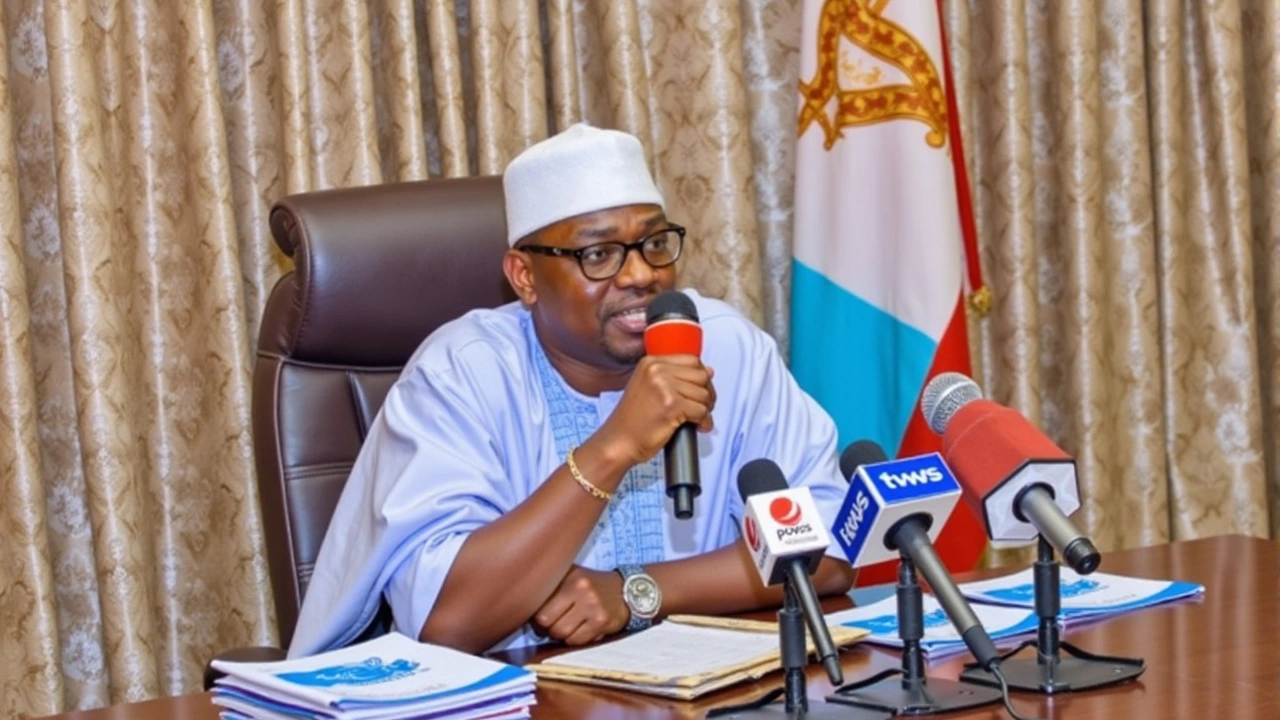Understanding Civil Servants in Africa
If you've ever wondered who keeps government services running smoothly in Africa, those folks are the civil servants. They work behind the scenes — from helping draft policies to delivering public services like healthcare, education, and infrastructure. They are essential to how countries operate daily.
Civil servants often face big challenges. Budget cuts, political shifts, and public expectations can create pressure, especially in countries working hard to develop and improve. But their role is crucial in turning government plans into reality.
Why Civil Servants Matter
Think about important government projects, like building schools or making sure citizens get their IDs. Civil servants handle those tasks. They provide stability and expertise that help governments respond to crises, run elections, or launch development programs. Without them, running a country smoothly would be nearly impossible.
It's not all easy, though. Many civil servants in Africa work long hours and navigate complex bureaucracies. They also must adapt to new technologies and reforms aimed at improving efficiency. Their professionalism often shapes how citizens view their government.
Current Issues for Civil Servants
Across the continent, new policies and international cooperation impact civil servants directly. From debates about budget priorities to ethical concerns, their job is evolving. Sometimes, corrupt practices or political interference create roadblocks, making their work tougher and raising questions about accountability.
If you want to follow what’s going on with civil servants in Africa, it helps to watch how governments handle transparency, training, and reforms. These changes can either empower or hinder public workers. Keeping an eye on this sector gives you a clearer picture of how countries manage public resources and serve their people.
So next time you hear about government decisions or public services, remember the civil servants behind the scenes, working to make important things happen.

Niger State's Ambitious Minimum Wage Plans: Navigating the Push for ₦1 Million
Governor Mohammed Bago of Niger State has put forth a bold vision to establish a ₦1 million minimum wage for civil servants, though conflicting reports and prior statements suggest different targets. Current communications suggest an approved wage of ₦80,000, sparking discussion about the future of civil servant compensation and the financial strategies required to achieve such a significant increase.
